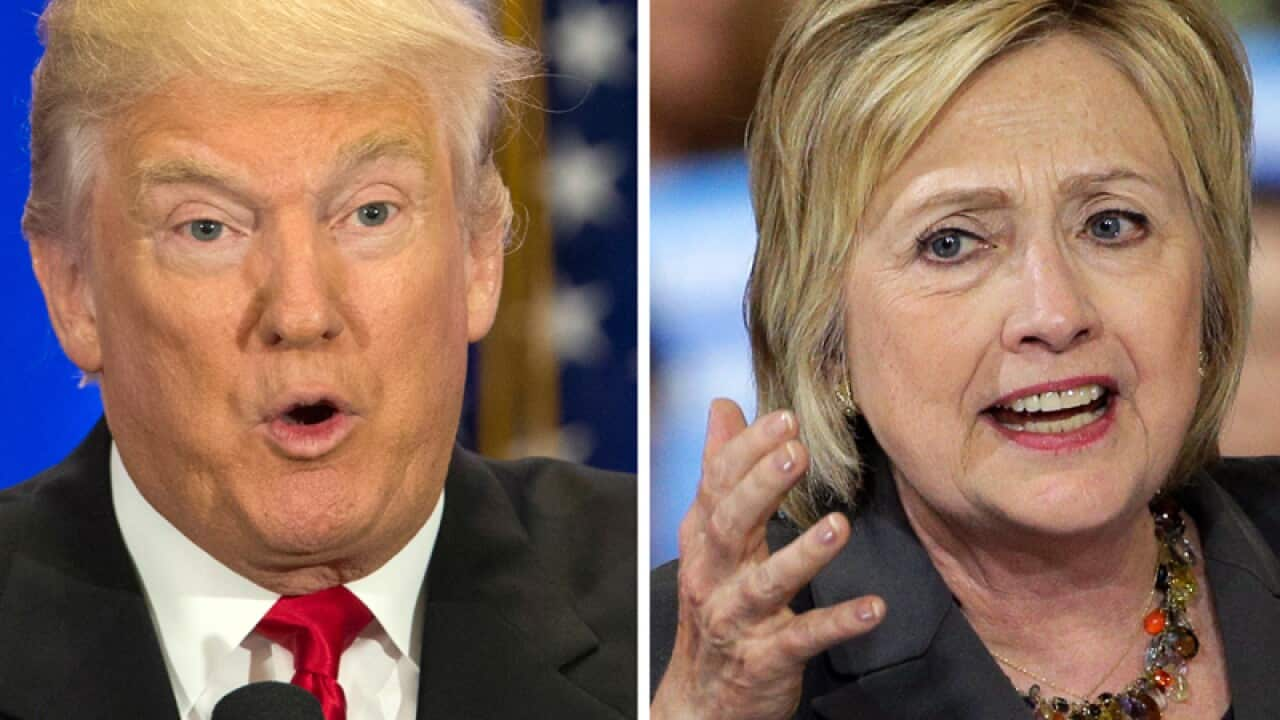In 102 minutes, 15 years ago, 2,606 New Yorkers were killed by Middle Eastern terrorists. Today, two New Yorkers are vying to be president of the United States. How does that day of infamy inform their campaign? The answer is in some ways profoundly, and in others hardly at all.
Trump’s ‘ban’ on Muslims
Donald Trump has prospered by a xenophobic nativism that 9/11 did not begin but arguably confirmed. His call for "a total and complete shutdown of Muslims entering the United States until our country’s representatives can figure out what is going on" was a direct echo of the fears the 2001 attacks provoked.
His call to remember 9/11 is also a call to ponder how an ineffectual liberal elite failed to protect America on that day. Eight years of a Bill and Hillary Clinton White House (1993-2001) left the United States uniquely exposed to the men Trump says he will "bomb the shit out of" in Syria.
He was present in New York on that morning and has a riff – it is possibly as articulate as he gets – in his recounting of it. Hillary Clinton, then a newly-elected senator for New York, cannot posture in similar fashion. She was part of the federal government that failed to forestall the attack – and of the previous administration that failed to join the dots of the plot. The heroes of that day were local authorities, the cops, fire fighters, hospital workers, ordinary Joes – i.e. the kind of people Trump has been able to attract as she has not. Her big government solutions were absurdly ill-equipped (read the ) to handle the crisis. And Trump will argue they remain the cause of America’s decline; give the keys to a successful property magnate instead.
US foreign policy
Of course, September 11 still resonates in terms of foreign policy. Everything America has done abroad in the years since is at some level connected to that terrorist attack. Afghanistan, Iraq, Libya, Syria - each of these wars, interventions, partial interventions and non-interventions continues to frame foreign policy debate. All of them begin or were recast on 9/11. Both candidates claim they will be able to resolve that problematic and myriad legacy - Hillary because she has experience, Trump because he knows how to cut a deal.
Interestingly, Trump has chosen to focus less on national security failure post-9/11 – though he recurrently berates Hillary for her poor stewardship at the State Department and the open-door to terrorists he claims she was complicit in – than on the iniquity of trade deals. His mantra in opposition to the Transpacific Partnership – which he declared was "a continuing rape of our country" – has forced her to oppose it also.
The Global Financial Crisis
Since the Global Financial Crisis in 2008, fears of physical security have given way to fears about mortgage insecurity – a much more present reality for millions of Americans.
Without economic dislocation, and an attendant and longer-standing cultural alienation felt by his supporters, Trump would never have got a whiff of the Republican nomination. His standing with an angry, white, non-college educated demographic does not require a belligerent counterterrorism. His channelling of economic and cultural disaffection does.
Economically, Hillary Clinton has been insulated from the property crash, moving from a multi-million dollar income in the 1990s to a multi-multi-million-dollar income today. She and her husband Bill are a money-making machine. Their often unreadably banal books and sell-out corporate speaking engagements have earned them healthy profits. She is a walking articulation of the elite that Trump supporters hate. She speaks the language of the dispossessed, but is separated from them.
Being tough on terror and tough on the causes of terror – the enduring lesson of 9/11 – won’t lose Hillary Clinton votes. But Trump’s depiction of her as a cultural warrior, advanced and advantaged by multicultural elitism – a caricature made possible by the 2008 recession – likely will. This will probably not be enough to lose her the election (she currently has an of being the victor) but enough to see her elected not because of the hope she embodies but merely because she is less distrusted and less disliked than her opponent.
Tim Lynch is Associate Professor in American Politics, School of Social and Political Sciences, at the University of Melbourne.

